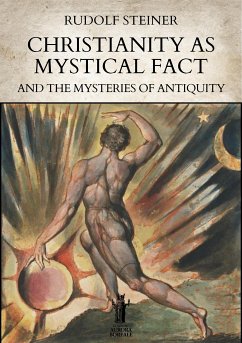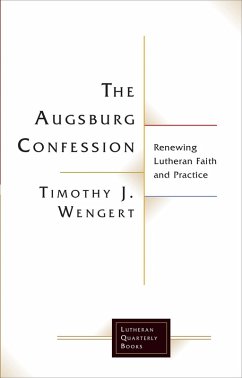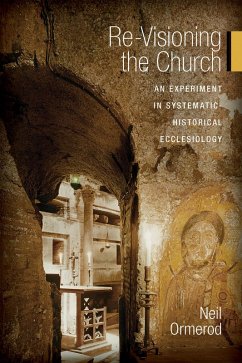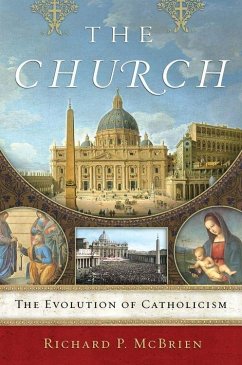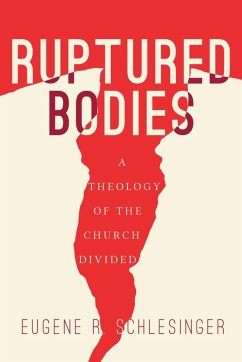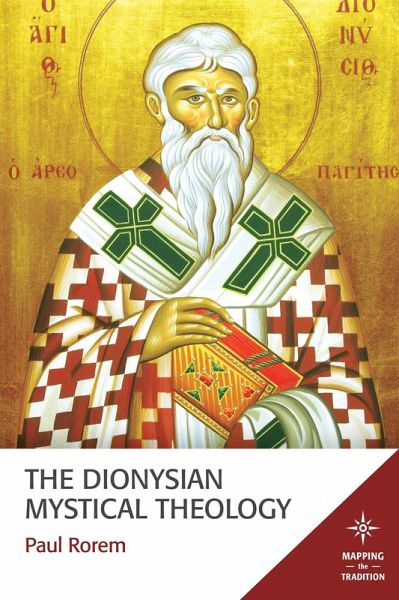
Dionysian Mystical Theology (eBook, ePUB)
Versandkostenfrei!
Sofort per Download lieferbar
24,95 €
inkl. MwSt.
Weitere Ausgaben:

PAYBACK Punkte
12 °P sammeln!
The Dionysian Mystical Theology introduces the Pseudo-Dionysian "mystical theology," with glimpses at key stages in its interpretation and critical reception through the centuries. In part one, the elusive Areopagite's own miniature essay, The Mystical Theology, is quoted in its entirety, sentence by sentence, with commentary. Its cryptic contents would be almost impenetrable without judicious reference to the rest of the Dionysian corpus: The Divine Names, The Celestial Hierarchy, The Ecclesiastical Hierarchy, and the ten Letters. Of special importance is the Dionysian use of negations in an ...
The Dionysian Mystical Theology introduces the Pseudo-Dionysian "mystical theology," with glimpses at key stages in its interpretation and critical reception through the centuries. In part one, the elusive Areopagite's own miniature essay, The Mystical Theology, is quoted in its entirety, sentence by sentence, with commentary. Its cryptic contents would be almost impenetrable without judicious reference to the rest of the Dionysian corpus: The Divine Names, The Celestial Hierarchy, The Ecclesiastical Hierarchy, and the ten Letters. Of special importance is the Dionysian use of negations in an "apophatic" theology that recognizes the transcendence of God beyond human words and concepts.
Stages in the reception and critique of this Greek corpus and theme are sketched in part two: first, the initial sixth-century introduction and marginal comments (Scholia) by John of Scythopolis; second, the early Latin translation and commentary by the ninth-century Carolingian Eriugena and the twelfth-century commentary by the Parisian Hugh of St. Victor; and third, the critical reaction and opposition by Martin Luther in the Reformation. In conclusion, the Dionysian apophatic is presented alongside other forms of negative theology in light of modern and postmodern interests in the subject.
Stages in the reception and critique of this Greek corpus and theme are sketched in part two: first, the initial sixth-century introduction and marginal comments (Scholia) by John of Scythopolis; second, the early Latin translation and commentary by the ninth-century Carolingian Eriugena and the twelfth-century commentary by the Parisian Hugh of St. Victor; and third, the critical reaction and opposition by Martin Luther in the Reformation. In conclusion, the Dionysian apophatic is presented alongside other forms of negative theology in light of modern and postmodern interests in the subject.
Dieser Download kann aus rechtlichen Gründen nur mit Rechnungsadresse in A, B, BG, CY, CZ, D, DK, EW, E, FIN, F, GR, HR, H, IRL, I, LT, L, LR, M, NL, PL, P, R, S, SLO, SK ausgeliefert werden.




